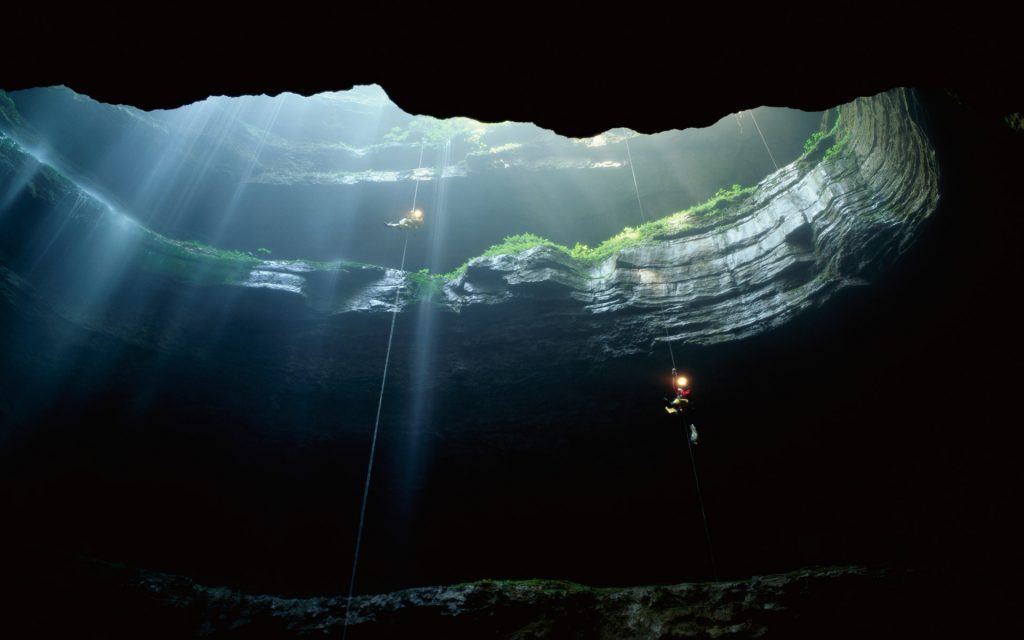The Digital Abyss July 28, 2017
Author: Beach Combing | in : Actualite , trackbackBeach has, this summer, been chasing a ‘neglected’ legend and to do so he and a series of friends and colleagues have ransacked the planet’s digital archives: from Mexico to New Zealand, from Ireland to Russia. Two observations. First, the difference in coverage from country to country is now dramatic: if you want to look for a story in Britain or France, then, you have powerful tools (France’s Gallica is infuriating to use, but its dataset is impressive); whereas God help you if you want to track down an Italian or a Mexican source. However, Beach has been more struck by the difference in chronological coverage. Digital coverage of the 1500s to the 1900s is now exceptional. Various databases, unfortunately many of them behind academic paywalls (the worst kind), have pretty much everything published in English. Coverage for works published in the last twenty years is not as perfect, but most academic works from 2000 onwards can be found somewhere on the internet, albeit with questionable means (piracy sites etc). However, by far the worst period is from about 1920 to 2000. The reason for this is clear: copyright. Google Books and Archive.org do not usually have volumes from this period or GB does so with the ‘snippet’ system (has a nice word ever become negative so quickly?): many newspaper sites have the same problem. The result is that if you want to chase down a ghost story in, say, the 1500s (and you have full access to the relevant databases), or the 1700s, or the 1800s, your keyboard will be enough. If the ghost story is from 2010, you will also be ok, as long as you are prepared to use certain morally dubious sites. However, if the ghost story is from the 1920s, then, you will have to spend a hundred bucks on Amazon or visit a very well equipped library. Of course, the abyss is temporary. As copyright moves forward in the US the abyss will gradually be reduced and many books will start to come on line. By Beach’s death in the 2050s (optimistic) the digital abyss will have been reduced to 1970 to 2000: Beach will ask his family to drop his ashes into it. By the 2080s it should be entirely closed and the world will party.* Other thoughts on the digital abyss – curse its black heart: drbeachcombing AT yahoo DOT com
*actually no one but 10,000 researchers will notice.
Southern Man, 30 Jul 2017: a few thoughts here. First, crudely all writing can be divided into three categories: books; ephemera (newspapers etc); archives. You shade these into each other, but the truth is that coverage is as you describe for books, not for the other two. Perhaps ephemera is the most interesting. There it is possible that in the end the newspapers and magazines of your abyss will be better covered than our dull survivors from the 1700s and 1800s….



